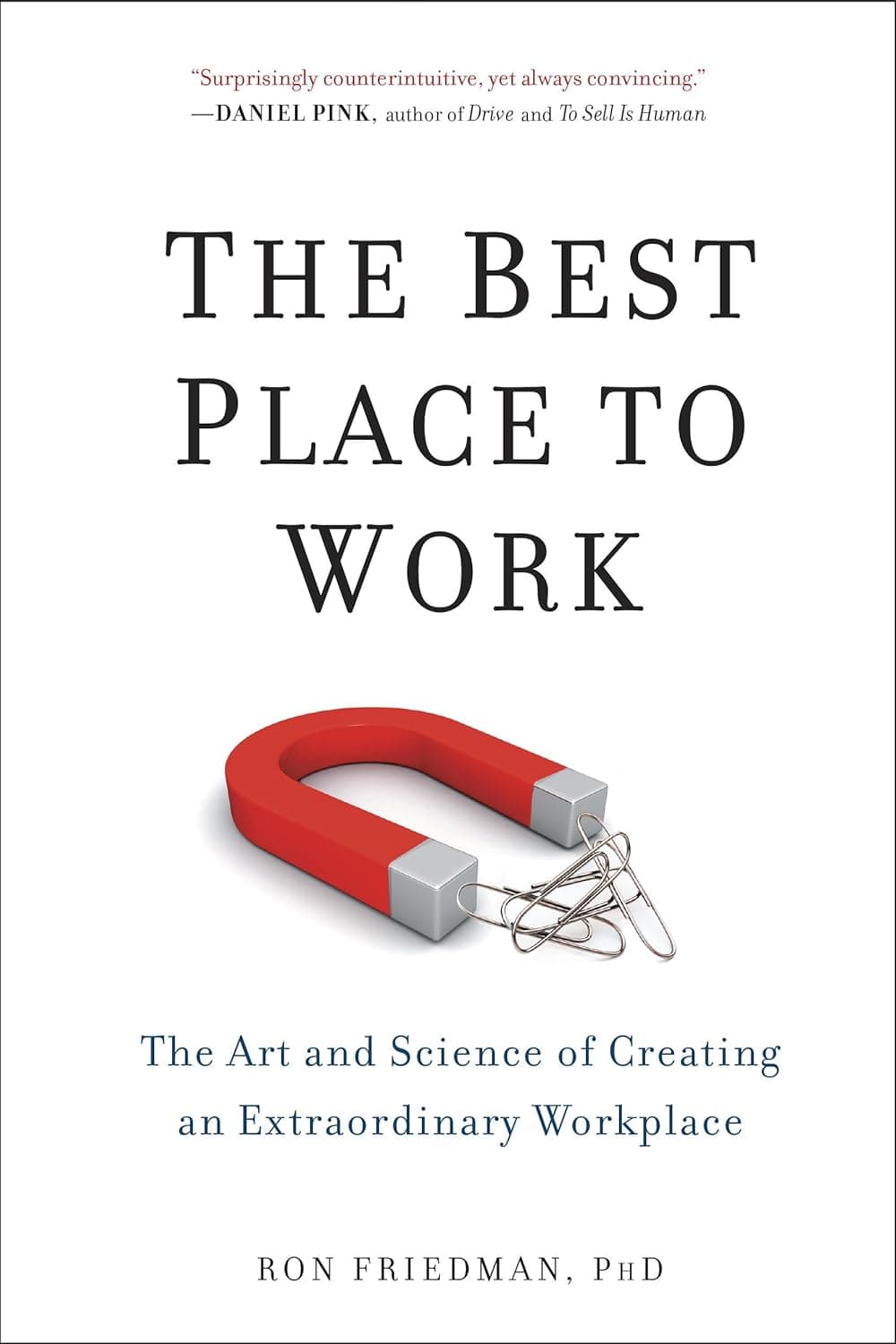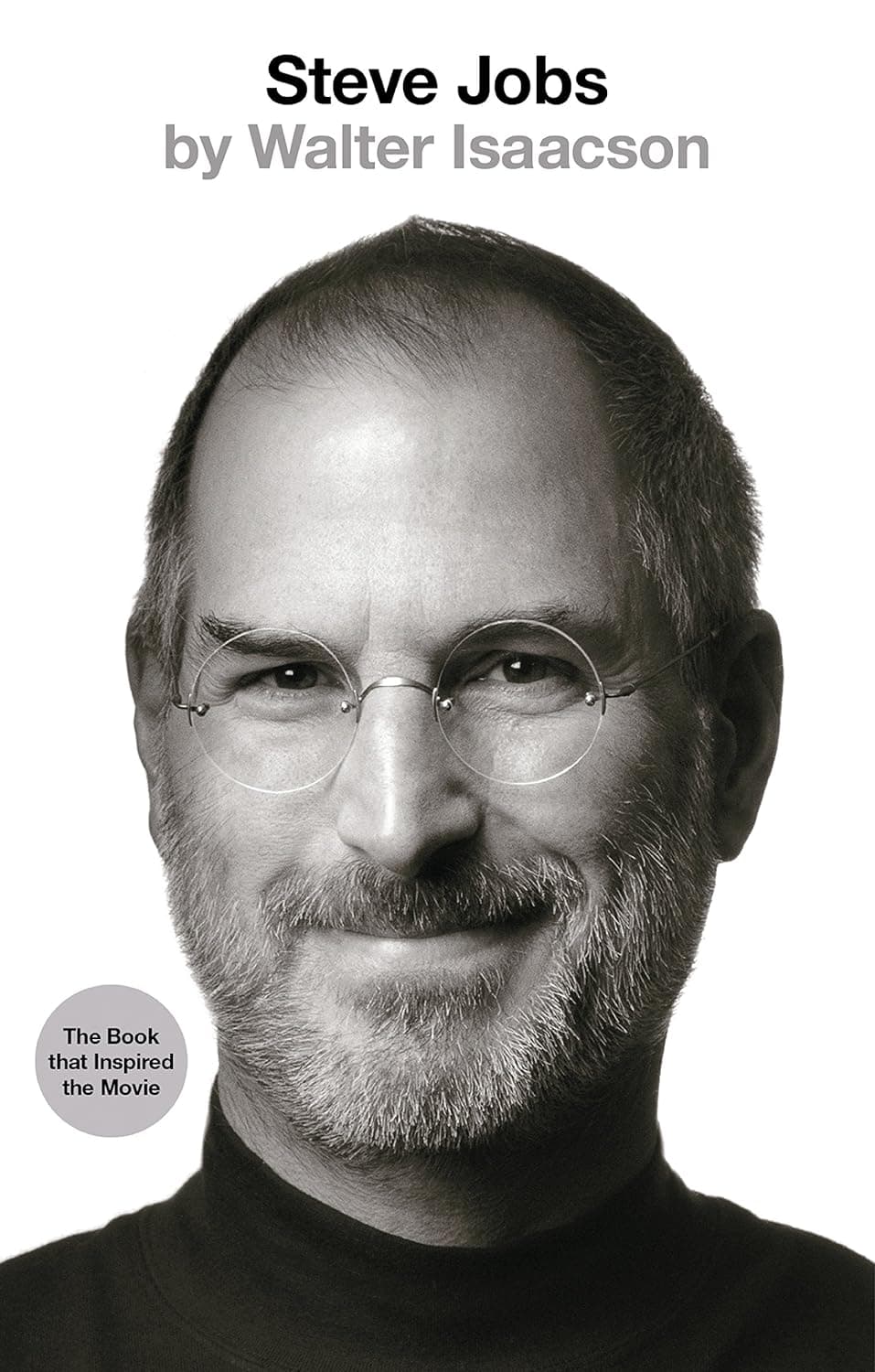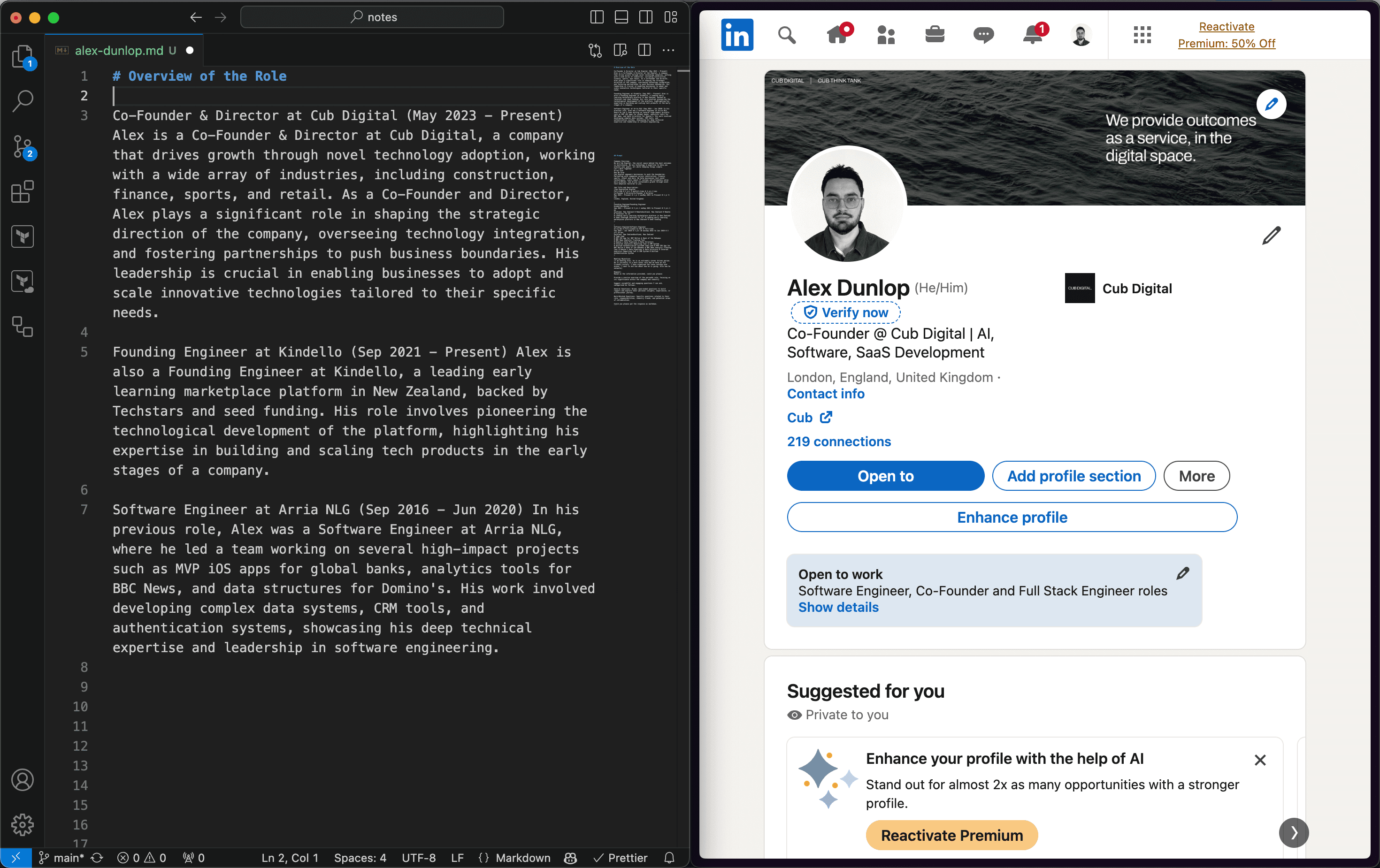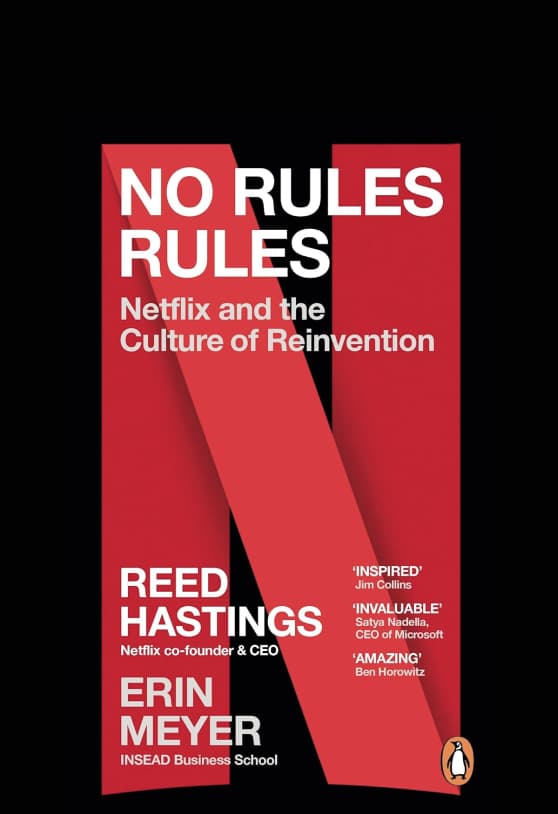The Hidden Psychology of Decision-Making: What Executives Can Learn from Hostage Negotiators

GET THE #1 EMAIL FOR EXECUTIVES
Subscribe to get the weekly email newsletter loved by 1000+ executives. It's FREE!

Building off the back of our article on mood contagion and how your mood as a leader travels through your organisation like electricity, we're diving deeper into the hidden psychology of decision-making.
Imagine you're in an important meeting. The room is tense. Decisions made here could pivot the future of your company.
Yet, despite the data and analytics laid out before you, something else is influencing the outcome...
EGO
We like to believe we're rational beings, especially in business.
But ego has a sneaky way of slipping into the boardroom, colouring our decisions with shades of emotion.
The challenge isn't just about setting ego aside; it's about understanding the psychological undercurrents that make ego such a formidable force.
Dr. Ron Friedman's Insights

Dr. Ron Friedman
Ron Friedman is a psychologist and behaviour change expert who specialises in human motivation. He is a frequent contributor to the Harvard Business Review, CNN, Fast Company, and Psychology Today.
Dr. Ron Friedman, a psychologist who delves into the intricacies of workplace behaviour, offers a compelling perspective.
He suggests that no matter our rank or experience, we're all tethered to an emotionally driven brain—a vestige of our evolutionary past. To navigate this, Friedman introduces the idea of two channels in decision-making.
Two Channels of Decision-Making
First, there's the Task Channel. This is the logical side—the facts, figures, and strategies we discuss openly.
Then there's the Relationship Channel. This operates beneath the surface. It's our amygdala, the brain's emotional epicentre, assessing whether someone is an ally or adversary in real-time.
Here's the twist: To make better decisions, we need to address the relationship channel before diving into the task at hand. By doing so, we disentangle personal feelings from professional discourse. We interrupt the reflexive thought of "if you reject my idea, you're rejecting me."

The Best Place to Work
We have covered Dr. Ron Friedman's work in our article on the best place to work. Dive into the psychology of motivation and productivity in the workplace.
Read our Review of The Best Place to Work Here
But how do we put this into practice?
Enter Dr. Anthony Suchman, a medical doctor turned organizational psychologist. He introduces a simple yet powerful tool: PEARLS. This acronym stands for six types of relationship-building statements:
P
Partnership
I believe we can solve this challenge together.
E
Empathy
I understand your enthusiasm for this project.
A
Acknowledgment
You've clearly put substantial effort into this.
R
Respect
Your expertise in this area is impressive.
L
Legitimation
It's completely reasonable to feel this way.
S
Support
I'm committed to helping you succeed.
These aren't just nice things to say, they are moves to help neutralise emotional defences and open up a more productive dialogue.
Now, let's shift to an extreme environment: hostage negotiations. Clinical psychologist Laurie Charles studied negotiators operating in life-or-death situations.
Surprisingly, the most effective negotiators weren't those who dominated conversations but those who listened and used communication approaches similar to PEARLS.
Their primary goal? To enable the person on the other end to make better decisions.
The parallels to the corporate world are striking. While executives might not face literal hostage situations, they often navigate emotionally charged scenarios where the stakes feel just as high.
So, how can leaders apply these insights?
1. Prioritize Emotional Intelligence Training
Equip your teams to navigate both the task and relationship channels effectively. Studies have shown that organizations with high emotional intelligence outperform those that neglect these skills.
2. Embed PEARLS into Corporate Culture
Encourage the use of relationship-building statements in meetings and communications. This approach fosters trust and openness, essential ingredients for effective decision-making.
3. Lead by Example
Executives set the tone. When leaders model emotionally intelligent behaviours, it cascades throughout the organisation. It signals that while results matter, how we achieve them matters just as much.
Research supports these steps. A study published in the Harvard Business Review found that teams with high emotional intelligence outperform their peers in metrics ranging from productivity to employee satisfaction.
Conclusion
In moving forward, consider this: addressing the emotional layer in decision-making isn't a soft skill—it's a strategic advantage.
By acknowledging and managing the relationship channel, we pave the way for decisions that are not only rational but also inclusive and sustainable.
















